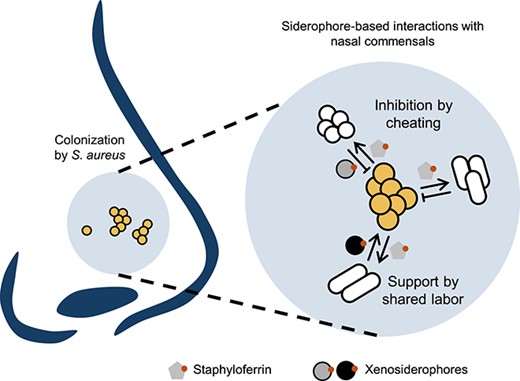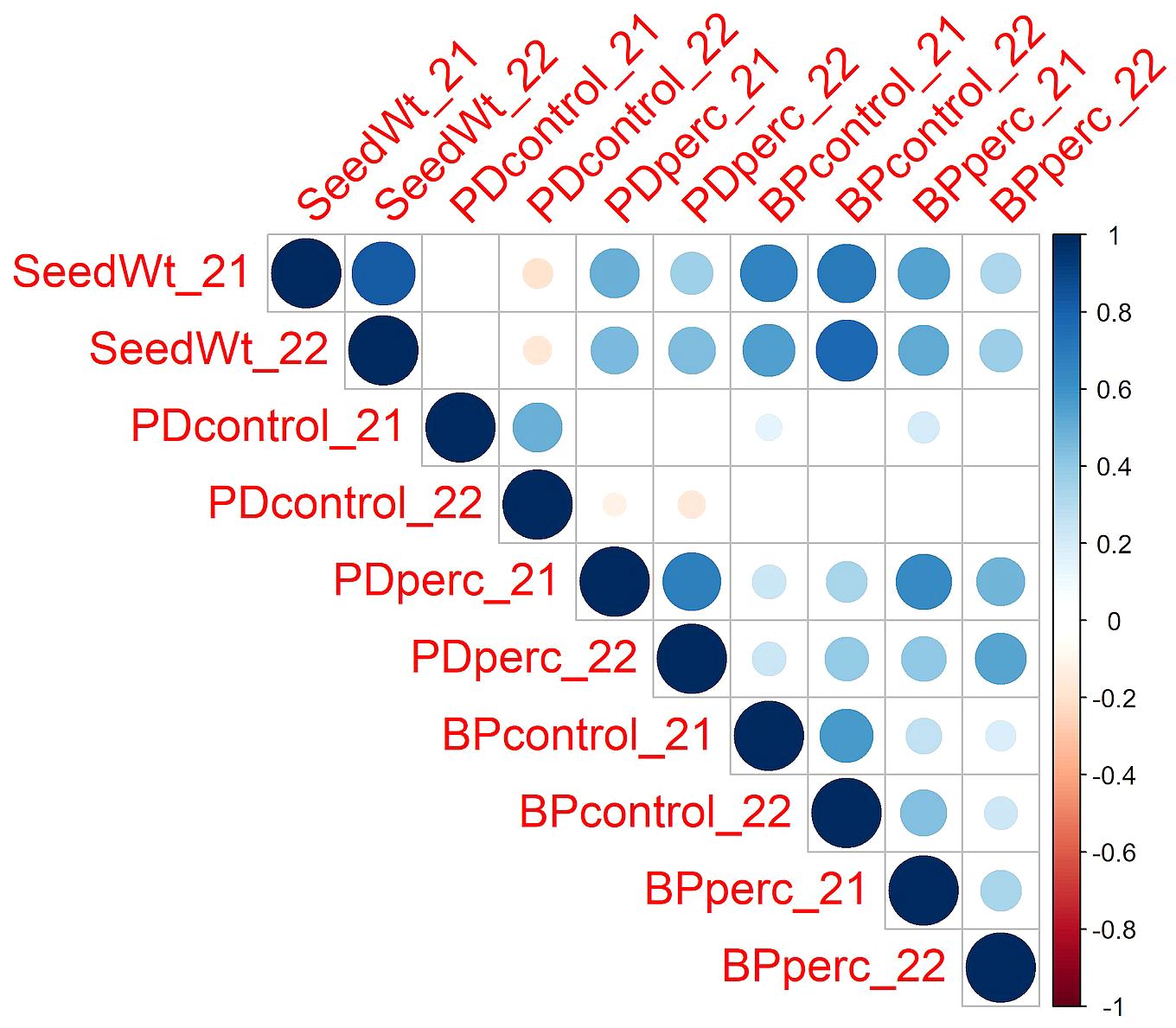2024-08-05 アリゾナ大学

◆ロングCOVIDは、急性COVID-19後に3ヶ月以上続く症状で、多くの臓器に影響を与え、疲労、認知障害、息切れ、痛みなどが含まれます。女性や低所得層に多く見られ、理由は研究中です。ワクチン接種でリスクは低減しますが、3-5%が感染後にロングCOVIDを発症します。現在、有効な治療法はなく、症状緩和やリハビリが主な管理方法です。
◆研究者は診断とモニタリングのためのバイオマーカーや治療法の開発を強調しています。感染予防や迅速な抗ウイルス薬の使用、ワクチン接種が推奨されます。ロングCOVIDは社会的・経済的負担が大きく、特に長期間苦しむ患者への支援が必要です。この研究は「The Lancet」に発表されました。
<関連情報>
- https://news.arizona.edu/news/new-study-highlights-scale-and-impact-long-covid
- https://www.thelancet.com/journals/lancet/article/PIIS0140-6736(24)01136-X/abstract
長期のCOVID:臨床的最新情報 Long COVID: a clinical update
Prof Trisha Greenhalgh, MD ;Prof Manoj Sivan, MD;Alice Perlowski, MD;Prof Janko Ž Nikolich, MD
The Lancet Published:July 31, 2024
DOI:https://doi.org/10.1016/S0140-6736(24)01136-X
Summary
Post-COVID-19 condition (also known as long COVID) is generally defined as symptoms persisting for 3 months or more after acute COVID-19. Long COVID can affect multiple organ systems and lead to severe and protracted impairment of function as a result of organ damage. The burden of this disease, both on the individual and on health systems and national economies, is high. In this interdisciplinary Review, with a coauthor with lived experience of severe long COVID, we sought to bring together multiple streams of literature on the epidemiology, pathophysiology (including the hypothesised mechanisms of organ damage), lived experience and clinical manifestations, and clinical investigation and management of long COVID. Although current approaches to long COVID care are largely symptomatic and supportive, recent advances in clinical phenotyping, deep molecular profiling, and biomarker identification might herald a more mechanism-informed and personally tailored approach to clinical care. We also cover the organisation of services for long COVID, approaches to preventing long COVID, and suggestions for future research.

